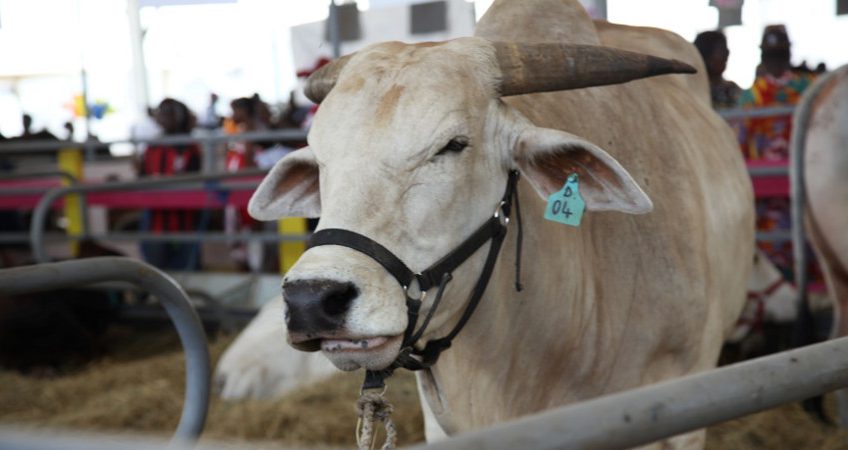Upon request of the African Union Commission earlier this year, AfricaSeeds is laying out the basis for a conversation towards addressing the issue of integrating ‘animal seeds’ into the African Seed and Biotechnology Program (ASBP), the seed program of the African Union.
The ASBP was approved in 2007 by the African Heads of State and Government and has since served as the AU’s seed sector development framework for the continent. Its goal is to contribute to increased food security and nutrition and to poverty alleviation in Africa, through the establishment of effective and efficient seed systems and enhanced application of biotechnologies and methodologies within the seed sector.
Until recently, the Program has provided a framework for all issues falling within the scope of the seed value chain for crops, as the current use of the word seed is slanted in the ASBP document towards the crops domain. However, there has recently emerged an interest from several stakeholders, particularly in the livestock sector, to widen the traditional connotation of seeds to incorporate also animal seeds and to include any positive outcomes into ASBP and make the latter relevant also in the context of animal seeds. The request from AUC is aimed at starting a conversation to address that interest.
Although incorporating animal seeds into ASBP poses several challenges, AfricaSeeds is eager to address the issue for at least four reasons: first of all, the incorporation will allow greater attention to be drawn to the reproductive needs in the animal domain. Secondly it will bring greater attention to seeds of animal feed crops, pastures and forages, an area which is largely neglected by research and development. Thirdly, the widened coverage and scope of seeds, covering both crops and animals will make ASBP more relevant to a wider beneficiary base and enhance the impact of AfricaSeeds in its implementation of ASBP. Lastly, it would trigger an increased efficiency of the livestock sector which in turn will enhance the development of animal husbandry and therefore contribute towards the Malabo Declaration targets for agriculture.
Establishing the challenges of the mainstreaming of animal seeds will include:
- establishing a good definition of animal seeds or a completely new terminology that would be less controversial than animal seeds;
- finding out whether there is a need for a whole nomenclature package along a parallel seed value chain for animals or whether we should seek a fit into the current crop-oriented seed value chain;
- defining the special processes needed for safe keeping, evaluation, certification and utilization of ‘animal seeds’;
- finding out about regulations currently in place and the way they could be improved or adapted to fall in line with crop-based seed regulations to achieve some level of uniformity;
- determining the current extent of availability of information on animal seeds;
- defining performance indicators for the livestock sector for the CAADP results framework.
AfricaSeeds will take the opportunity in the next coming months of fora convened by the AU and other partners to be able to indicate its own thinking. The upcoming revision by AUC/AfricaSeeds of the ASBP’s implementation plan presents a good opportunity to commence a process to address the shortfall in the adequacy of coverage on animal seeds.
The discussions should also provoke other interested stakeholders, particularly mandate institutions such as AU-IBAR, to come forward to articulate their own stance which will eventually lead to an agreement on how to proceed.
